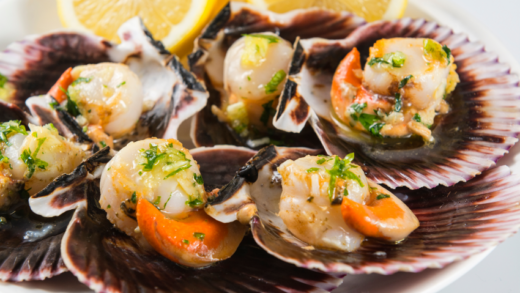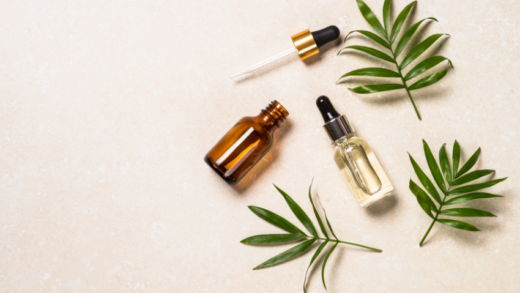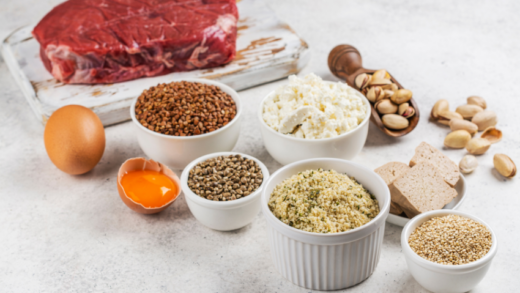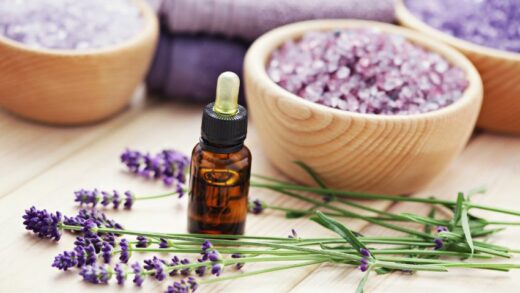Nuts and seeds are some of the healthiest foods you can add to your diet. They are packed with nutrients such as protein, fiber, healthy fats, vitamins, and minerals that can help you maintain a healthy weight, reduce inflammation, and lower your risk of chronic diseases. In this article, we’ll explore the best nuts and seeds to eat for a healthier you. Let’s get started!
Top 6 Best Nuts and Seeds to Eat for a Healthier You
Almonds
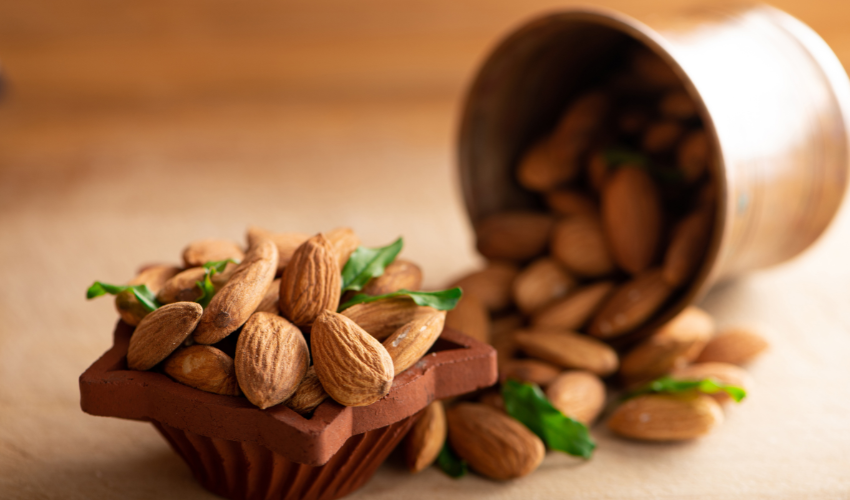
Almonds are a great source of protein, fiber, healthy fats, vitamin E, magnesium, and potassium. They are also low in carbohydrates and have a low glycemic index, making them a great snack option for people with diabetes. Some of the health benefits of almonds include:
- Lowering cholesterol levels
- Reducing inflammation
- Supporting brain health
- Aiding in weight management
- Preventing oxidative damage
Walnuts
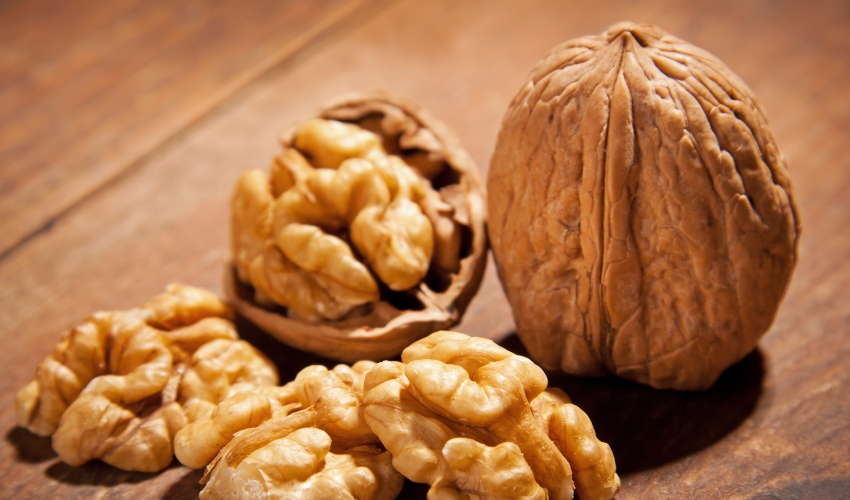
Walnuts are loaded with nutrients such as omega-3 fatty acids, protein, fiber, vitamin E, and magnesium. They are also a good source of antioxidants that can help protect your body against free radicals. Some of the health benefits of walnuts include:
- Reducing inflammation
- Lowering blood pressure
- Supporting brain health
- Boosting heart health
- Aiding in weight management
Pumpkin Seeds
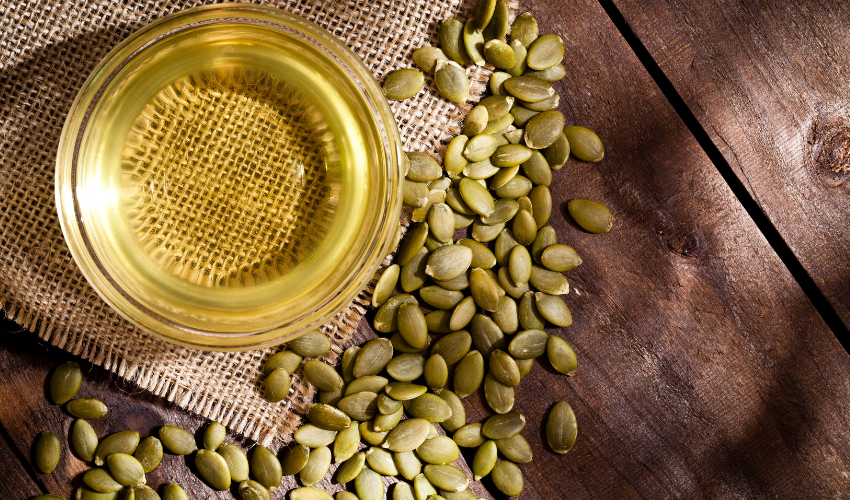
Pumpkin seeds are packed with nutrients such as protein, fiber, healthy fats, iron, magnesium, zinc, and potassium. They are also a great source of antioxidants that can help protect your body against damage caused by free radicals. Some of the health benefits of pumpkin seeds include:
- Supporting prostate health
- Lowering cholesterol levels
- Regulating blood sugar levels
- Boosting immune function
- Improving sleep quality
Chia Seeds
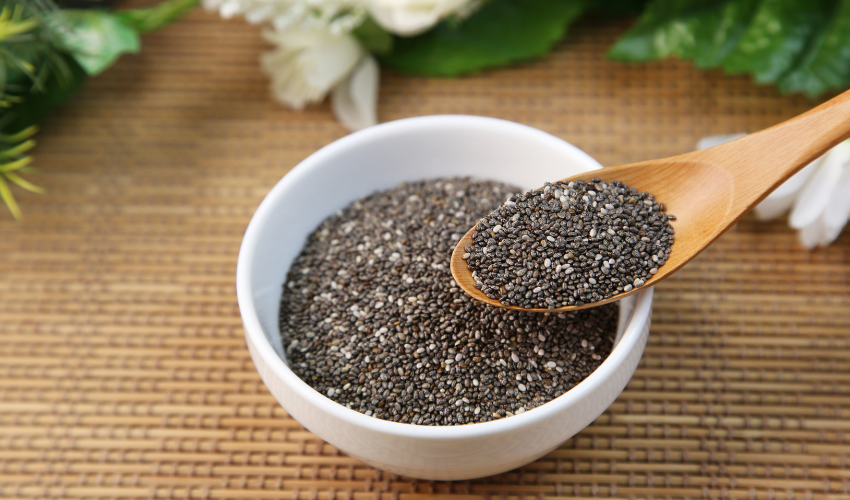
Chia seeds are one of the best plant-based sources of omega-3 fatty acids. They are also high in fiber, protein, calcium, magnesium, and antioxidants. Some of the health benefits of chia seeds include:
- Reducing inflammation
- Lowering blood sugar levels
- Supporting heart health
- Aiding in weight management
- Improving digestive health
Pistachios
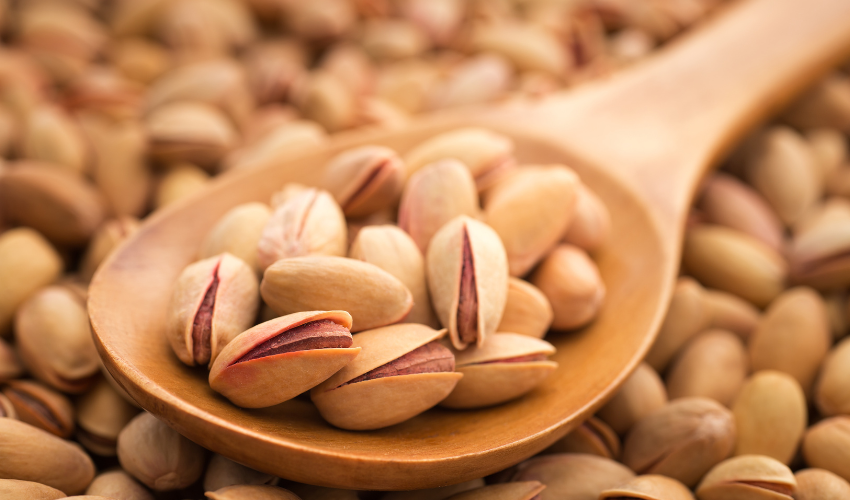
Pistachios are a good source of protein, fiber, healthy fats, vitamin B6, and potassium. They are also a great snack option for people with diabetes because they have a low glycemic index. Some of the health benefits of pistachios include:
- Lowering cholesterol levels
- Reducing inflammation
- Boosting immune function
- Supporting eye health
- Aiding in weight management
Flaxseeds
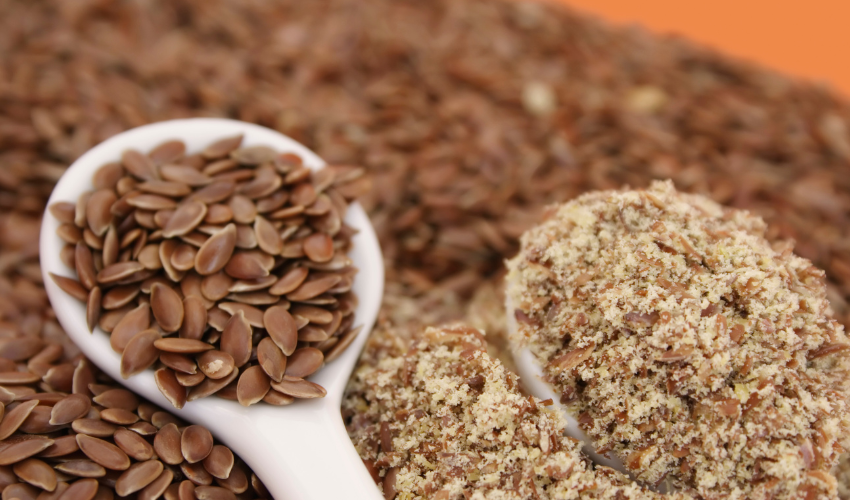
Flaxseeds are a rich source of omega-3 fatty acids, fiber, protein, vitamin B1, magnesium, and phosphorus. They are also a great source of lignans, which are antioxidants that can help protect your body against cancer. Some of the health benefits of flaxseeds include:
- Lowering blood pressure
- Reducing inflammation
- Supporting heart health
- Aiding in weight management
- Improving digestive health
FAQs about the Best Nuts and Seeds to Eat
Are all nuts and seeds created equal when it comes to nutrition?
No, different nuts and seeds have different nutrient profiles. Some are higher in protein, while others are higher in healthy fats. It’s important to eat a variety of nuts and seeds to get a wide range of nutrients.
Can nuts and seeds help with weight loss?
Yes, nuts and seeds can aid in weight loss because they are high in fiber and protein, which can help you feel full and satisfied. However, it’s important to eat them in moderation because they are also high in calories.
Can nuts and seeds help lower cholesterol levels?
Yes, many nuts and seeds are high in healthy fats that can help lower LDL (bad) cholesterol levels. Almonds, walnuts, and pistachios are particularly effective in this regard.
Can people with nut allergies eat seeds?
It depends on the person and the severity of their allergy. Some people with nut allergies may also be allergic to seeds, so it’s important to consult with a healthcare professional before adding seeds to your diet.
How much of nuts and seeds should I eat per day?
The recommended daily intake of nuts and seeds varies depending on the individual’s age, sex, and level of physical activity. Generally, a handful (about 1 oz or 28 g) of nuts or seeds per day is a good amount to consume.
Conclusion
Nuts and seeds are an excellent source of nutrition and can be a great addition to a healthy diet. Almonds, walnuts, pumpkin seeds, chia seeds, pistachios, and flaxseeds are some of the best nuts and seeds to eat for optimal health.
They are packed with nutrients that can help you maintain a healthy weight, reduce inflammation, and lower your risk of chronic diseases. So, grab a handful of your favorite nuts or seeds and enjoy a delicious and nutritious snack!


